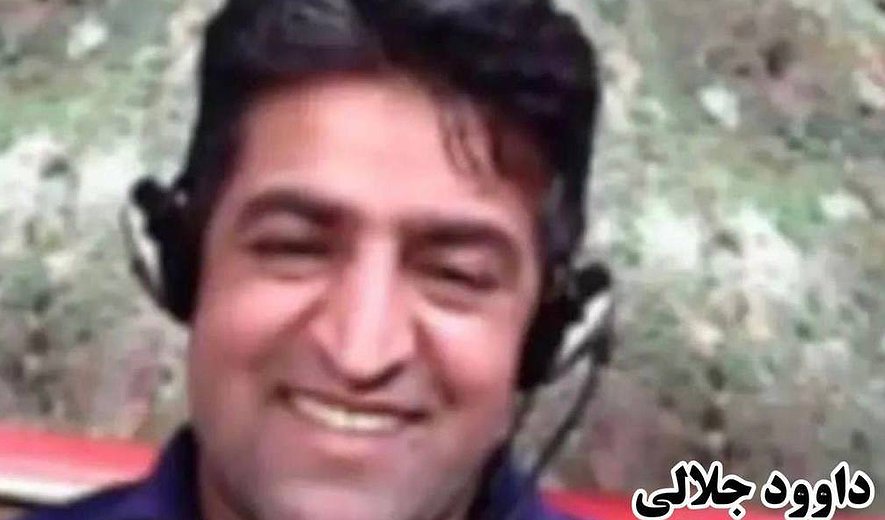Baluch Davoud Jalali and Unidentified Woman Executed in Isfahan

Iran Human Rights (IHRNGO); October 23, 2023: Davoud Jalali, a Baluch man sentenced to death for drug-related charges and an unidentified woman on death row for murder, were executed in Isfahan Central Prison.
According to information obtained by Iran Human Rights, a Baluch man and a woman were executed in Isfahan Central Prison (Dastgerd) on 21 October. The Baluch man’s identity has been established as 37-year-old Davoud Jalali from Saleh Abad county.
The woman’s identity has not been established at the time of writing. An informed source told IHRNGO: “The woman was from Daran county and was transferred for execution from Dolat Abad Prison in Isfahan to Dastgerd Prison. She was executed along with Davoud Jalali.”
At the time of writing, their executions have not been reported by domestic media or officials in Iran.
Ethnic minorities, the Baluch in particular, are grossly overrepresented in execution numbers in Iran. In 2022, at least 174 Baluch minorities including 3 women, were executed in 22 prisons across Iran, making up 30% of overall executions. This is while they represent just 2-6% of Iran’s population. Furthermore, at least 274 Baluch people have been executed for drug-related charges since 2021, 40% of all drug executions in that time period.
Drug-related executions have continuously risen every year for the past three years. At least 305 people were executed for drug-related charges between 1 January-10 October 2023, a 69% increase compared to the same period in 2022, and the number of drug-related executions in 2023 were close to 20 times higher than 2020.
The number of drug executions dramatically dropped in 2018 following a 2017 Amendment to the Anti-Narcotics Laws. Consequently, drug executions ranged between 24-30 per annum between 2018-2020. The Amendment was reversed in practice in 2021 when executions increased ten-fold to 126 in 2021 and doubled again in 2022 with 256 drug-related executions. On 13 September 2023, IHRNGO reported a 94% rise in the number of drug-related executions in the year following the start of the “Woman, Life, Freedom” movement in September 2022.
Iran is also the biggest executioner of women. The unidentified woman is the 14th woman execution recorded in 2023. On 7 Sepmteber, Iran Human Rights reported that of the 200 women executions recorded since 2010, 94 were executed for drug-related charges, 90 for murder, four for “participating in immoral sexual acts and misusing drugs,” two for espionage and one for moharebeh (enmity against god). The charges against nine of the women are unknown.
Only 55 (27.5%) of the 200 executions were announced by official sources. The remainder were reported by human rights organisations and activists, and verified by Iran Human Rights. Transparency has dramatically decreased since 2020 with only 2 out of 45 executions officially reported between 2021 and September 2023.
Those charged with the umbrella term of “intentional murder” are sentenced to qisas (retribution-in-kind) regardless of intent or circumstances due to a lack of grading in law. Once a defendant has been convicted, the victim’s family are required to choose between death as retribution, diya (blood money) or forgiveness.

